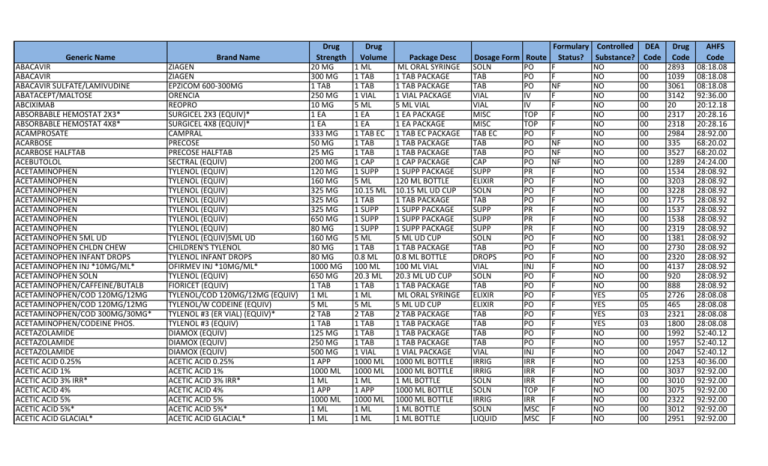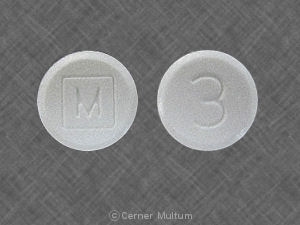

Having just a few drinks or popping the occasional Tylenol doesn’t pose a problem, they say. Ndetan’s team didn’t look into how closely together the participants who had kidney disease used alcohol and acetaminophen – only that they drank up to two drinks per day and took the painkiller occasionally.

Basically, combine the two drugs, and you create a mess of problems for the kidneys. On top of that, dehydration, a common side effect of alcohol, can hurt kidney function, while acetaminophen can disrupt blood flow in and out of the organs. Why is the combination so dangerous? Lead study author Harrison Ndetan says that acetaminophen is primarily excreted by the kidneys and that alcohol hinders the organs’ ability to process the painkiller by inhibiting a particular protein. The risk is high: Even when study participants had only small doses of acetaminophen, kidney disease skyrocketed on average 123 percent. But your liver is not alone this study found that combining alcohol and acetaminophen can also damage your kidneys. If you enjoy a cocktail, here’s another reason not to take Tylenol: A new study of more than 10,000 adults found that light and moderate drinkers who also take acetaminophen painkillers more than double their risk of kidney disease.ĭoctors have known for some time that excessive boozing or acetaminophen use can cause liver damage.


 0 kommentar(er)
0 kommentar(er)
